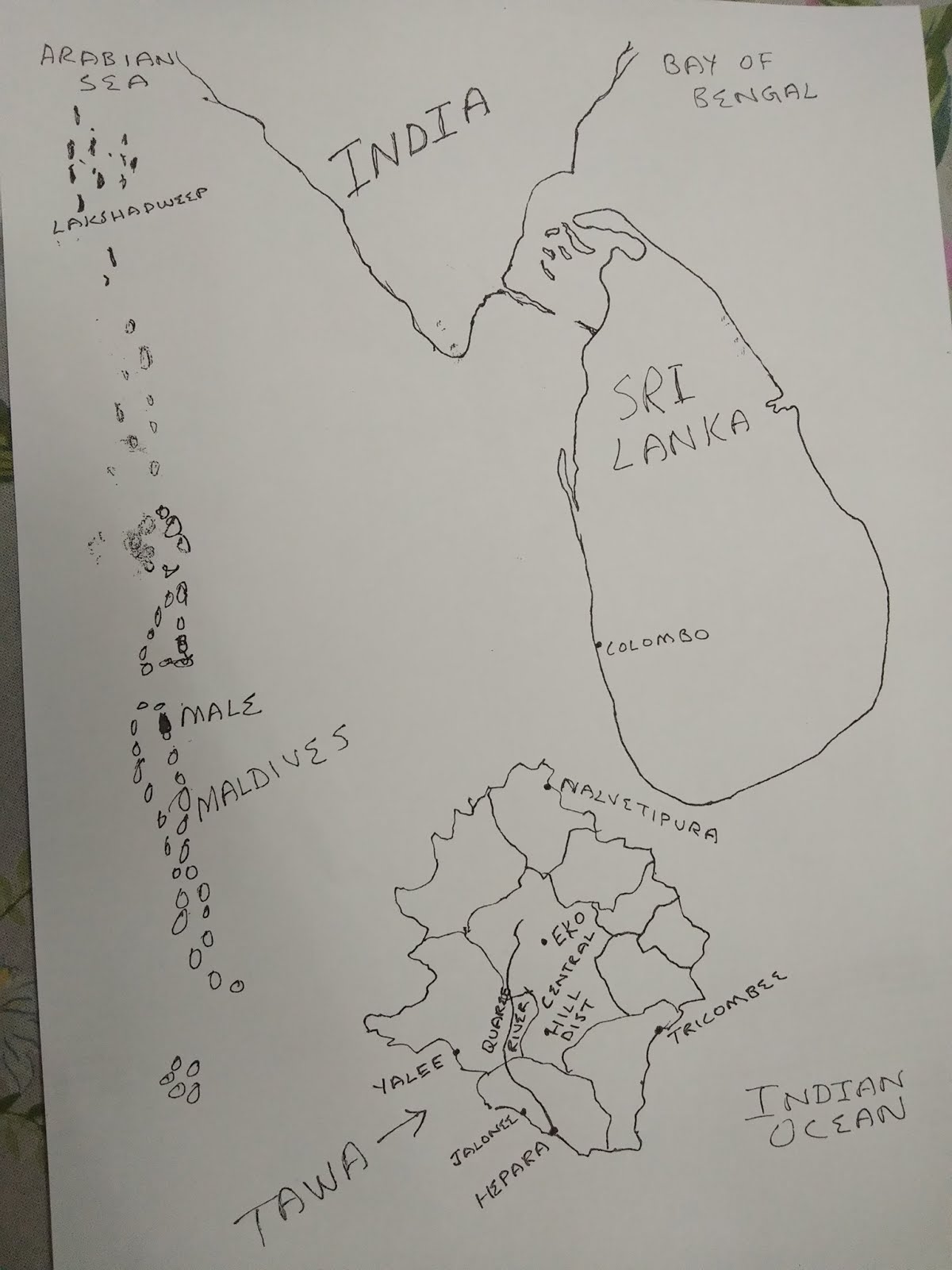Wednesday 21 October 2015
Book Review: Three by Krishna Udayasankar
Having reviewed Krishna Udayasankar’s Aryavarta Chronicles, a trilogy based on the Mahabharata, I was very keen to read Three, Udayasankar’s latest literary offering. I was not disappointed.
Three is loosely based on the founding legend of Singapore and Udayasankar’s imagination conjures up a host of interesting characters set in the early thirteenth century, a time when the Chinese Song Dynasty’s influence in the South China Sea was at its zenith. The protagonist, Sang Nila Utama, is a complex person, a man who is honest and good, but does not want to be King, despite the royal blood flowing in his veins. Utama’s father, Prabhu Dharmasena, the sailor king of Srivijaya has a string of bad luck, which culminates in his losing Palembang, his final seat of power, to the Cinas, this despite having married off one daughter to the Emperor of Cina and another to the Ambassador from Cina. Taking to the seas with his elder son Mutthaiah, Sang Nila Utama and others, Dharmasena seeks refuge and alliances.
Nila grows up to be a hardy young man, brave, honest and skilled in warfare and fighting pirates. Mutthaiah and Nila are initially close, but soon they drift apart. Mutthaiah was born to be king and does not hesitate to grab power when opportunity strikes. Nila on the other hand does everything possible to avoid power and responsibility. Despite Nila’s determination to evade royal duties, he ends up marrying Sri Vani, a marriage which would have been termed opportunistic if the couple weren’t madly in love.
Finally, fate takes Nila to Tumasik, a land said to be inhabited by pirates. Instead of clearing the land of so-called pirates, Nila takes on an onerous responsibility, one which will shape the destiny of that region. I am not going to divulge any more here. Please read this excellent book to find out for yourselves.
Having read and reviewed Udayasankar’s Aryavarta Chronicles, I’ve come to expect strong female characters in each of Udayasankar’s books. Three is no exception though I had to wait a fair amount until, towards the middle of this slim volume, I was introduced to Sri Vani. Beautiful, proud and loyal, Sri Vani embodies all that can be good and honest in a royal personage of those times and forms a perfect counterfoil to Nila’s rough and ready character.
Udayasankar tells us that Prabhu Dharmasena had Chola blood in his veins, not surprising since the Cholas had in the 11th century invaded Srivijaya. Names such as Mutthaiah add flavour to the Chola heritage. However, I waited in vain for Udayasankar to describe how Prabhu Dharmasena, Mutthaiah, Nila and others in the royal family looked. Were they more Tamil than Indonesian in appearance? Were they as fair-skinned as modern-day Malays? I also wish Udayasankar had spent some space and time to describe the sort of food her characters ate. Did they eat Dravidian Pittu or did they eat noodles? Were they vegetarians? I doubt it, especially because Nila goes hunting once, but is there any rule against vegetarians going on a hunt? And finally what language did they speak? There is a stray reference to Nila’s ability to curse in five different languages, but did Nila and his family speak any Tamil at all? Of course, these are minor quibbles and Three is an excellent read, especially because Udayasankar's prose is lyrical and beautiful.
Subscribe to:
Post Comments (Atom)







No comments:
Post a Comment